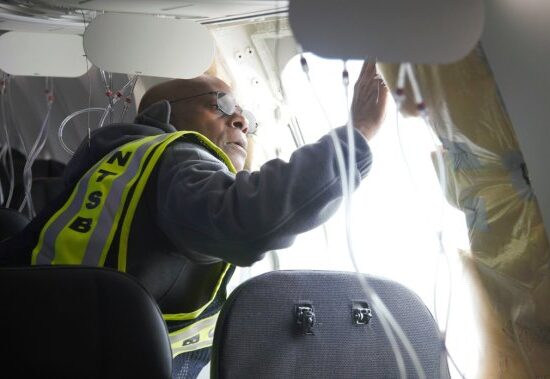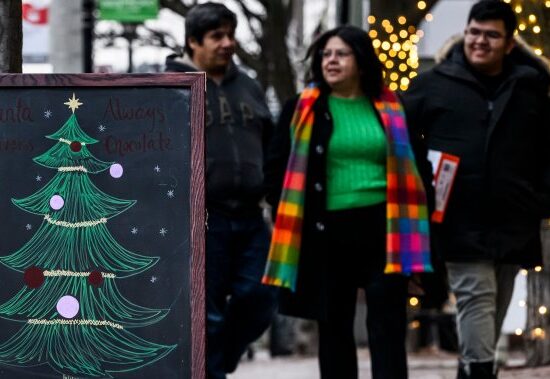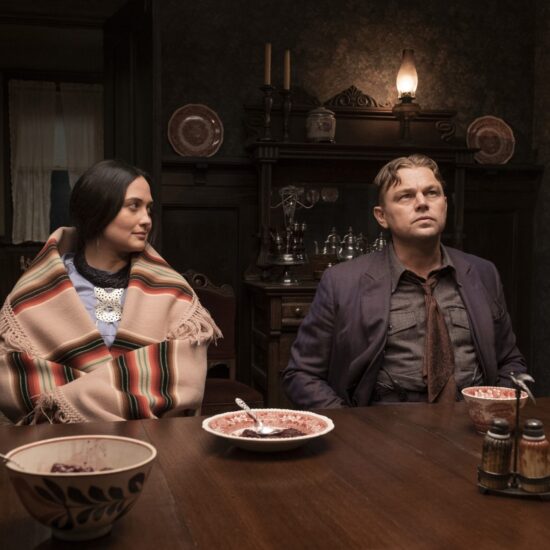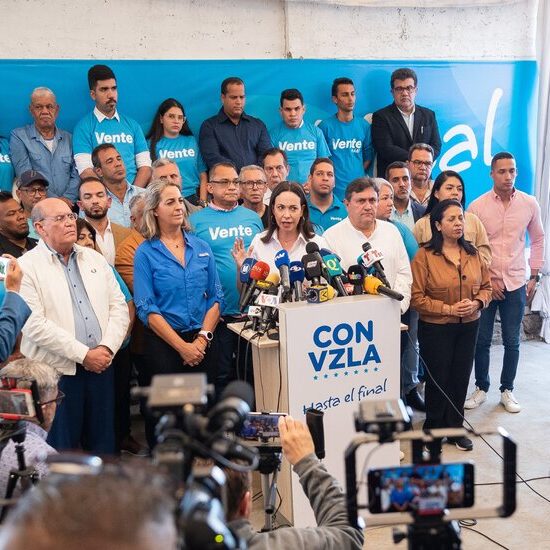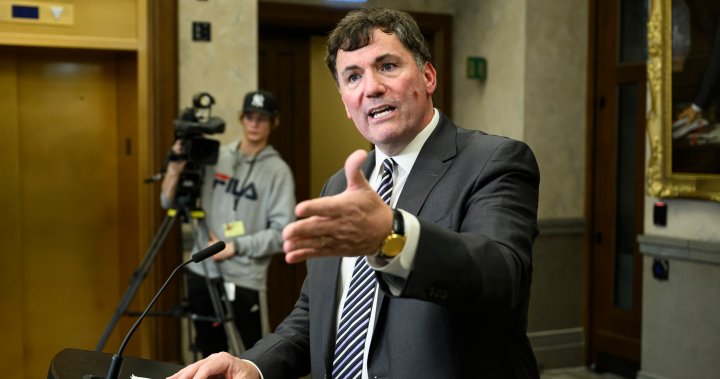
Intergovernmental Affairs Minister Dominic LeBlanc says a public inquiry is not off the table following former governor general David Johnston’s resignation as foreign interference rapporteur.
But LeBlanc says opposition leaders cannot request such an inquiry without providing constructive suggestions, such as terms of reference and an individual to best lead the process.
LeBlanc told The West Block‘s Mercedes Stephenson that he will be consulting with Prime Minister Justin Trudeau, opposition parties, experts and retired jurists in the coming days, but said “simply demanding” a public inquiry does not serve in protecting democracy from foreign interference.

“Mr. Johnston has decided to leave to a large extent because of the toxic climate that was created around his appointment,” LeBlanc said. “So the opposition leaders can’t simply say, ‘OK, call a public inquiry.’”
The House of Commons called on the government to urgently establish a public inquiry in an NDP motion adopted on May 31, calling for it to be “led by an individual selected with unanimous support from all recognized parties in the House.”
The motion does not call for the opposition parties to draft a frame of reference, which lays out the scope of probes such inquiries and in most recent examples such as the Mass Casualty Commission, has been shaped through the executive orders that create the inquiry.
The Federal Inquiries Act lays out that the powers to establish inquiries and determine what documents or records may be needed lie with the government establishing an inquiry as well as the commissioner appointed to lead it.
“Why is that their job? You’re the government,” Stephenson asked LeBlanc when he said the opposition needs to put forward ideas.
“They all voted together last week, Mercedes, to say that the opposition leaders should suggest somebody to lead this inquiry. That was the NDP motion they all voted for last week. So tell us who it is,” he said.
“Tell us what the terms of reference would be … we’re not going to get somebody credible to come forward, we think, unless there’s a consensus on the kind of person and the terms of reference.”
Minister of Intergovernmental Affairs, Infrastructure and Communities Dominic LeBlanc speaks during a news conference following the resignation of David Johnston, Independent Special Rapporteur on Foreign Interference, in the Foyer of the House of Commons on Parliament Hill in Ottawa, on Saturday, June 10, 2023. THE CANADIAN PRESS/Justin Tang.
The Canadian Press
In his resignation letter, Johnston reiterated his conclusion that public hearings should be held “both to educate the public and to consider necessary reforms to various aspects of the government’s systems and policies dealing with foreign interference,” rather than a public inquiry.
“A deep and comprehensive review of foreign interference, its effects, and how to prevent it, should be an urgent priority for your Government and our Parliament,” he wrote.

Johnston announced his resignation as special rapporteur Friday following weeks of scrutiny over what the opposition parties called a conflict of interest due to his ties to Trudeau’s family and the Pierre Elliott Trudeau Foundation.
The NDP motion adopted in the House of Commons last week also called for Johnston to step down over the “appearance of bias.”
At that time, Johnston said he would only take instructions on his work and his future from the Trudeau government, not Parliament.
David Johnston, Independent Special Rapporteur on Foreign Interference, appears as a witness at the Procedure and House Affairs Committee on Parliament Hill in Ottawa on Tuesday, June 6, 2023. THE CANADIAN PRESS/Sean Kilpatrick.
The Canadian Press
“When I undertook the task of Independent Special Rapporteur on Foreign Interference, my objective was to help build trust in our democratic institutions,” Johnston wrote in his resignation letter to Trudeau.
“I have concluded that, given the highly partisan atmosphere around my appointment and work, my leadership has had the opposite effect.”
Johnston said he will leave the role no later than the end of the month.
– with files from Global News’ Sean Boynton
© 2023 Global News, a division of Corus Entertainment Inc.











